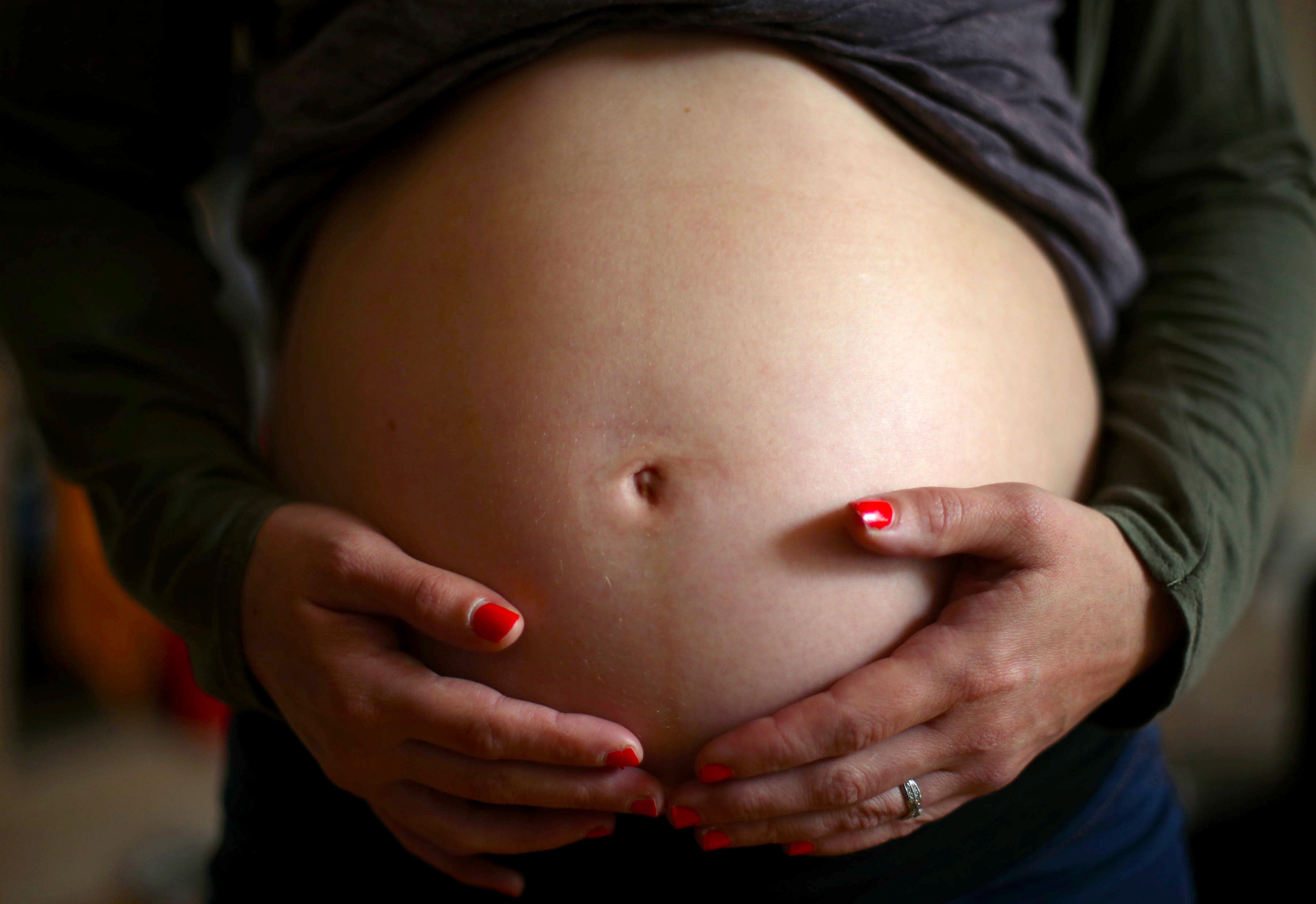Womb transplants are safe and effective, study suggests
Around 50 babies are thought to have been born worldwide from living and brain-dead womb donors.

Your support helps us to tell the story
From reproductive rights to climate change to Big Tech, The Independent is on the ground when the story is developing. Whether it's investigating the financials of Elon Musk's pro-Trump PAC or producing our latest documentary, 'The A Word', which shines a light on the American women fighting for reproductive rights, we know how important it is to parse out the facts from the messaging.
At such a critical moment in US history, we need reporters on the ground. Your donation allows us to keep sending journalists to speak to both sides of the story.
The Independent is trusted by Americans across the entire political spectrum. And unlike many other quality news outlets, we choose not to lock Americans out of our reporting and analysis with paywalls. We believe quality journalism should be available to everyone, paid for by those who can afford it.
Your support makes all the difference.Womb transplants are a safe and effective way of managing infertility for those without a functioning organ, according to Swedish experts who have reported the births of nine children.
They say they have carried out the world’s first complete study of womb transplants using living donors, and concluded that the process works, and babies and mothers appear to be healthy.
The study, from experts at the University of Gothenburg, was published in the journal Fertility And Sterility.
Around 50 babies are thought to have been born worldwide from living and brain-dead womb donors.
The study closely examined seven women in Sweden who were given IVF so they could conceive.
Of these, six (86%) became pregnant and gave birth. Three had two children each, making the total number of babies nine.
The study showed good results for the IVF, with the chance of pregnancy resulting from each embryo being 33% – similar to IVF success for women under 35 using their own eggs in the UK.
The researchers found that women given the wombs and their donors were no more likely to suffer anxiety or depression that required treatment compared to the general population.
When it came to the children, they were monitored for the first two years of life for this part of the study, and none have suffered any health problems.
Some of the women who received the transplanted wombs suffered minor and transient discomfort or minor swelling in the legs.
The children born to date remain healthy and the long-term health of donors and recipients is generally good too
Mats Brannstrom, professor of obstetrics and gynaecology at Sahlgrenska Academy, University of Gothenburg, said: “This is the first complete study that’s been done, and the results exceed expectations in terms both of clinical pregnancy rate and of the cumulative live birth rate.
“The study also shows positive health outcomes: the children born to date remain healthy and the long-term health of donors and recipients is generally good too.”
The researchers estimated that by the end of 2021, around 90 womb transplants have been performed worldwide.
Womb Transplant UK, which is planning the UK’s first womb transplant, has screened potential patients and is hoping to re-start its programme soon following the Covid pandemic.
The team already has permissions to begin a programme of 10 transplants using organs taken from brain dead donors. Another five operations involving live donors have also been agreed.
In 2017, the US reported its first womb transplant birth at Baylor University Medical Centre in Dallas from a living donor.
The first successful womb transplant took place in Sweden in 2014.